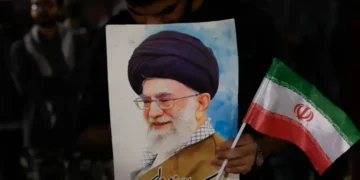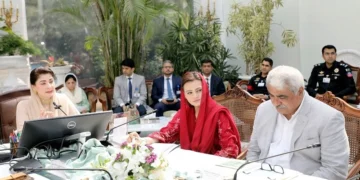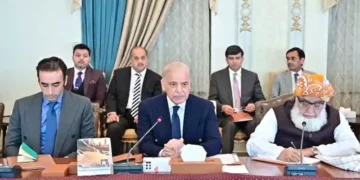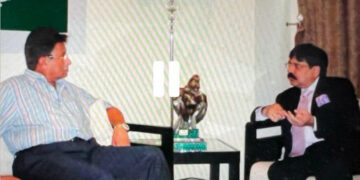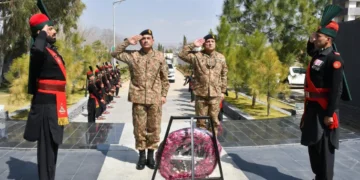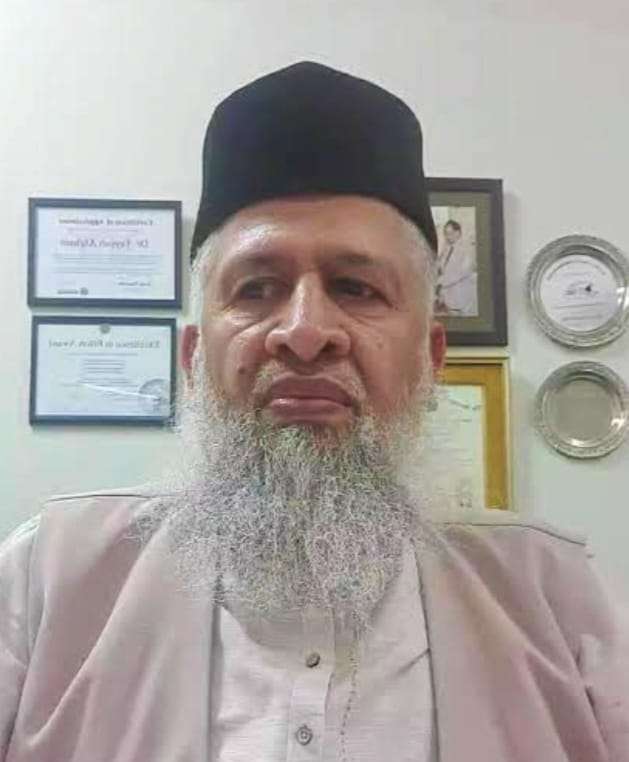The initial part of this study delved into the challenges encountered by
Pakistan in rebuilding its education system. The subsequent section looks at a
potential alternate approach: Barefoot Education. This approach acknowledges
the limitations of traditional formal education while striving to address the
specific needs of underprivileged communities. Barefoot Education
distinguishes itself within the expansive realm of education by placing a strong
emphasis on experiential learning, community engagement, and holistic
development. Rooted in the metaphor of being barefoot, it symbolizes
simplicity, grounding, and a profound connection with the environment.
Barefoot Education advocates a more adaptable, immersive, and community-
centric approach to education. In contrast to traditional formal education
characterized by classrooms, teachers, and a standardized curriculum, this
philosophy seeks to provide an alternative approach to learning.
The approach rests on a foundation of several key principles. It places a high
priority on empirical learning, acknowledging that individuals acquire
knowledge most effectively when engaged in hands-on experiences that link
their encounters with new information. Another fundamental aspect is
community engagement, which extends education beyond the confines of
classrooms, actively involving the community and incorporating traditional
knowledge and practices. Additionally, the approach also emphasizes holistic
development, addressing the physical, emotional, social, and intellectual
growth of individuals as well as communities. Furthermore, it gives precedence
to non-formal education, adapting to the needs and realities of marginalized
communities, with a particular focus on skill development that can directly
improve the lives of individuals and communities.
The implementation of the Barefoot Education approach manifests itself in
various ways, all sharing common features. Small class sizes facilitate
personalized learning with individual attention. The learning process centers
on hands-on activities, connecting theoretical knowledge to practical
experiences. Community engagement is paramount, involving parents,
community members, and local experts in active participation. The curriculum
is adaptable, tailored to the unique needs and interests of the community for
2 relevance and engagement. There is a strong emphasis on prioritizing life skills,
empowering individuals to enhance their lives and contribute to community
development.
In a country like Pakistan, where a significant portion of the population faces
disadvantages, the Barefoot Education concept emerges as a beacon of hope,
offering an alternative means to empower neglected communities through
non-formal education. Parallel to non-formal education, The Barefoot
Education has been identified as a critical component of Pakistan’s education
system. The government has attempted to implement educational regulations
that would allow for non-formal education throughout the country. Over the
last few decades, several education policies have been implemented in
Pakistan, with many integrating non-formal education as a useful tool in
combating illiteracy and poverty. However, the current situation of non-formal
education, on the other hand, shows that most government initiatives remain
unimplemented owing to a lack of funding, skilled human resources, and other
necessary services. This is where non-profit institutions come into play, as they
have a critical role in magnifying the impact of adopting the Barefoot
Education philosophy through non-formal education programs. This
philosophy, often contrasted with conventional formal education, is gaining
traction in Pakistan, particularly through the initiatives of institutions such as
the Bunyad Foundation.
The Bunyad Foundation operates a comprehensive network reaching 1,800
villages. Through various initiatives, it offers vocational courses in various
trades, such as tailoring, embroidery, computer literacy, and hospitality while
empowering individuals to secure income and enhance their livelihoods.
Additionally, the foundation extends its impact by providing training and
support to women and marginalized groups. Its multifaceted programs
encompass literacy campaigns for adult education, the establishment of
libraries and resource centers, awareness programs on health, hygiene, and
environmental issues, disaster preparedness, relief efforts, and advocacy for
the rights of marginalized communities in Pakistan. Another objective is to
provide children with counseling, healthcare, education, employment
opportunities, and recreational activities. To have a more significant impact on
the children, the Bunyad Foundation has partnered with community leaders to
3 establish a communal and secure space where all residents can gather to learn.
The Bunyad Foundation projects provide facilities to various schools such as
installing a bathroom and rehabilitation of classrooms. In addition, it has
strived to create youth groups consisting of family members to raise awareness
regarding female education.
Barefoot Educational programs play a crucial role in addressing disparities and
promoting equity in countries such as Pakistan, where significant gaps in
access to quality education exist. The literacy rate is 62.8 per cent (male 73.4,
female 51.9) according to the Economic Survey 2022-23. Pakistan has the
second-highest rate of out-of-school children in the world, according to
UNICEF, with an estimated 22.8 million children between the ages of 5 and 16
not attending school, or 44 per cent of the country’s entire population in this
age group. It is important to note that in Pakistan, literacy is defined as the
percentage of the population aged 15 and above who can read and write.
Therefore, the Barefoot Educational programs have the potential to alleviate
poverty, foster social development, and contribute to national progress by
helping reduce illiteracy and empowering individuals and communities through
non-formal education. As such, non-formal education programs embodying the
Barefoot Education concept are essential components of Pakistan’s
educational landscape. They possess the capacity to unleash the potential of
marginalized groups, fostering an inclusive and equitable society where every
individual can learn, grow, and prosper.
The Bunyad Foundation and other similar institutions have emerged as pillars
of positive change, profoundly impacting the lives of underprivileged
communities across Pakistan. Their unwavering commitment to education and
social development has transcended mere empowerment, ushering in
sustainable livelihoods and holistic progress. At the heart of their progress lies
the distinctive approach of these institutions to education, focusing on non-
formal learning, community engagement, and holistic development. The
acquisition of literacy has opened doors to new opportunities, enabling active
participation in society. Beyond the traditional notion of acquiring knowledge,
the non-formal education concept originating from the Barefoot Education
philosophy, acts as a potent tool for empowering individuals and communities,
breaking free from cycles of poverty and inequality. This concept demonstrates
its potential to transform lives and reshape the future of Pakistan, highlighting
education as a catalyst for positive change in the country.
4 The outcomes of the Barefoot Education philosophy represent a
transformative approach to learning, leaving a significant imprint on the lives
of millions worldwide. Its focus on practicality, community-based education,
and self-reliance has not only empowered individuals but has also enabled
communities to overcome challenges, enhance their livelihoods, and
contribute to sustainable development. In an era marked by escalating global
issues such as poverty, inequality, and environmental degradation, the
Barefoot Education model emerges as a valuable framework for inclusive and
transformative education.
It has the potential to empower individuals and communities, paving the way
for a sustainable future. Given the pressing need for such approaches, the role
of the Bunyad Foundation in advancing non-formal education in Pakistan
becomes exceedingly pivotal. The Bunyad Foundation actively promotes and
endorses a holistic educational philosophy, thereby making positive strides in
the reform of Pakistan’s underserved education system. By embracing
innovative and inclusive educational approaches, it is addressing the root
causes of societal challenges and nurturing a brighter future for all. Their
efforts exemplify the power of education as a catalyst for building a more
equitable, resilient, and prosperous society in Pakistan and beyond.
BY : AMAANI SEHGAL.
A 11 th grade student of Brearley School, New York. Amaani Sehgal is a founder of Providentia
Books. Amaani believes Providentia Books will help close the wide educational gap between the
affluent and the poor in Pakistan.







